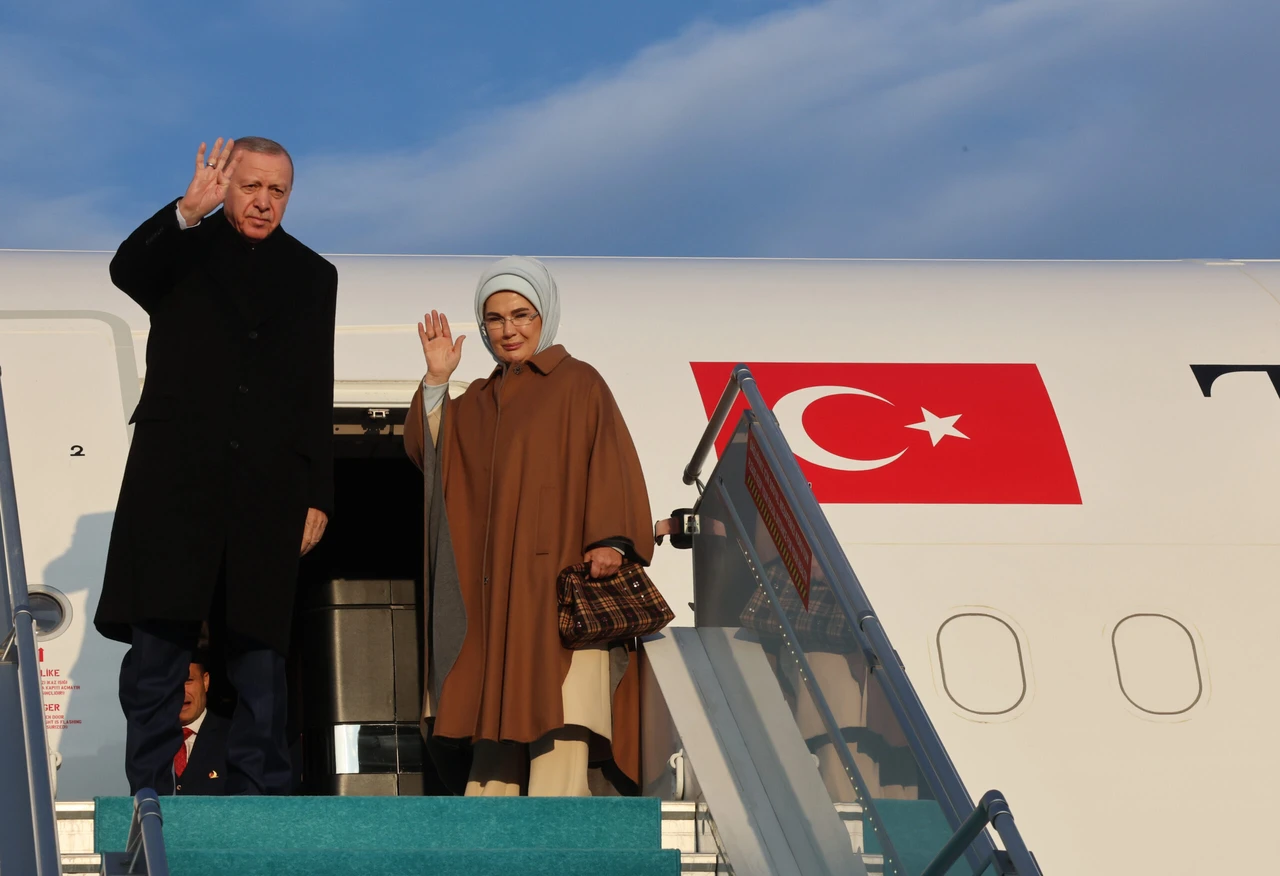Dual identity cards issued to Europe’s most notorious drug lord in Türkiye
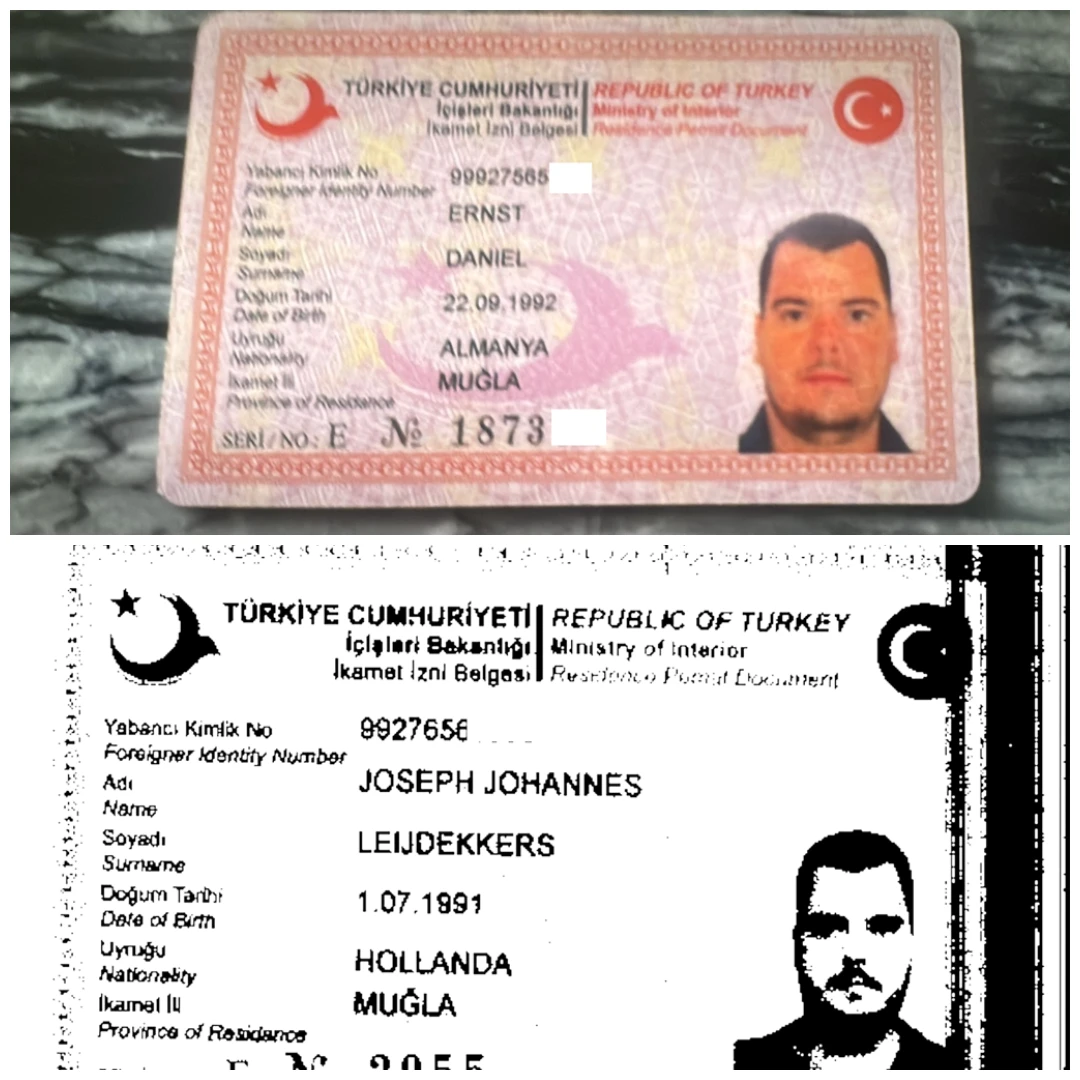 Allegedly the two ID cards of Joseph Johannes Leijdekkers. (Photo via Birgün)
Allegedly the two ID cards of Joseph Johannes Leijdekkers. (Photo via Birgün)
The release decisions in Türkiye’s largest drug lord’s trial continue to stir controversy, as significant details emerge about the case.
The trial, originally reported by Timur Soykan in Birgun, involves high-profile international drug traffickers and has exposed severe flaws in legal and enforcement systems.
Background: Drug lord network in Türkiye
In 2020, Dutch drug lord Joseph Johannes Leijdekkers was exposed by European law enforcement agencies. Leijdekkers, only 30 years old, had orchestrated the shipment of tons of cocaine from Latin America to ports in Belgium and the Netherlands.
Investigations revealed that not only Leijdekkers but also his associates, including Isaac Bignan and several Serbian, Swedish, German, and Spanish drug lords, were residing in Türkiye.
Major operation and arrests
Following the appointment of Ali Yerlikaya as interior minister, the first major operation against these drug lords took place on June 13, 2023. Although Leijdekkers was not apprehended, 15 individuals were arrested, including Turkish citizen Abdullah Alp Ustun, Isaac Bignan, German drug trafficker Eric Schroeder, and Leijdekkers’ brother, Wilhelmus Adrianus Leijdekkers.
The prosecution revealed that these foreign drug lords bought property in Türkiye in order to obtain citizenship and launder money. They allegedly cleaned their illicit funds by buying and selling luxury cars, setting up companies and opening foreign exchange offices. They also transported gold bullion bars from Türkiye to Dubai on private jets. Some even obtained Turkish citizenship and residence permits.
Controversial release and escape
On July 6, 2024, during a session that lasted until 2:30 a.m., the Istanbul 15th High Criminal Court released all 15 detained defendants, including Ustun and the foreign drug lords. As a result, 13 months after the trial began, no defendants remained in custody. However, five days later, upon appeal by the prosecution, the Istanbul 16th High Criminal Court ordered the rearrest of seven defendants. By then, Ustun and six others had already fled.
In the aftermath, the Council of Judges and Prosecutors (HSK) suspended Oktay A., the presiding judge of the Istanbul 15th High Criminal Court, along with court members Arzu A. and Veysi G.
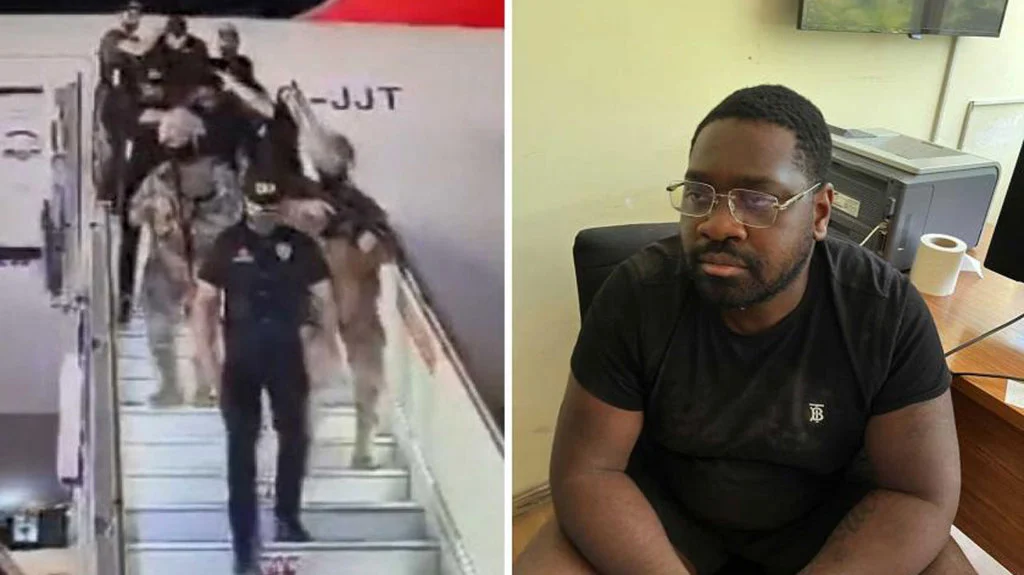
Allegations of corruption
According to a report, an anonymous tip claimed that Ustun and the other defendants had reached an agreement with the court president a day before the hearing, offering $720,000 in exchange for their release.
The report suggested that the corruption extended beyond the court, implicating higher levels of the judiciary. Allegations of multimillion-dollar bribes have surfaced, with claims that the five-day delay in rearresting the defendants was intentionally granted in exchange for payments, allowing them to escape. There are also reports that this bribery scheme was detected through technical surveillance.
Dutch drug lord Leijdekkers had entered Türkiye on July 4, 2020, using a German passport under the name “Daniel Ernst.” He reentered Türkiye two months later, this time using his real name. Leijdekkers had bought villas in a luxury resort, illegally occupied a nature park in Bodrum and used bank accounts linked to the hotel.
Identity documents revealed
In a major scandal, Timur Soykan published the identity documents of Europe’s most notorious drug lord, Leijdekkers, who obtained two separate residence permits in Türkiye under different names.
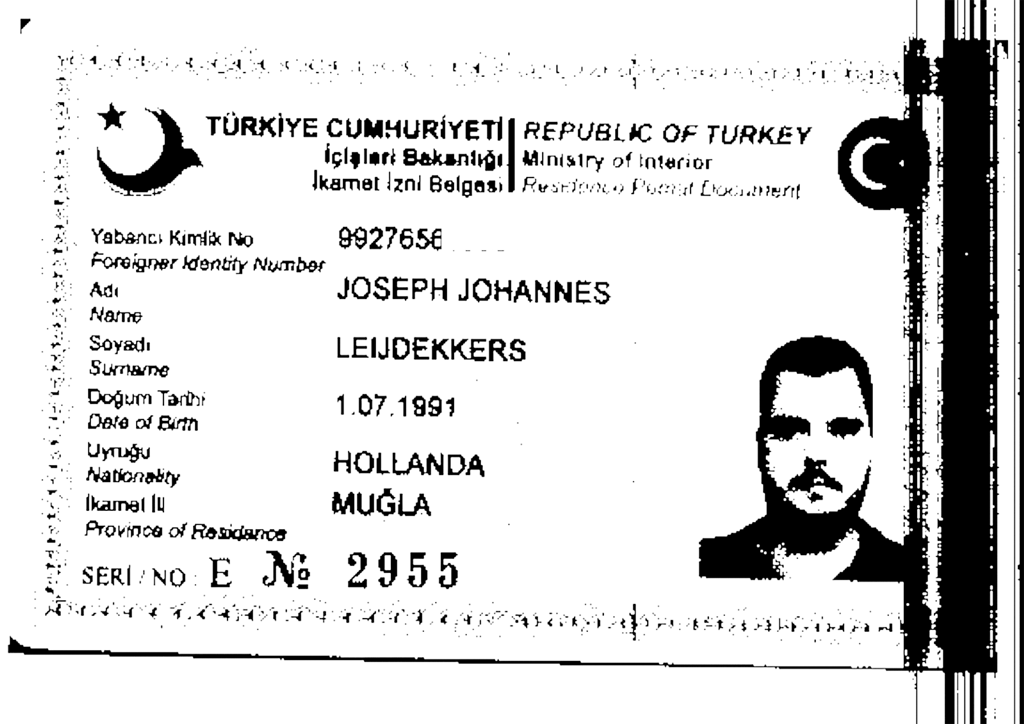
The fact that both permits were issued in the same city, Mugla, raised questions about the process.
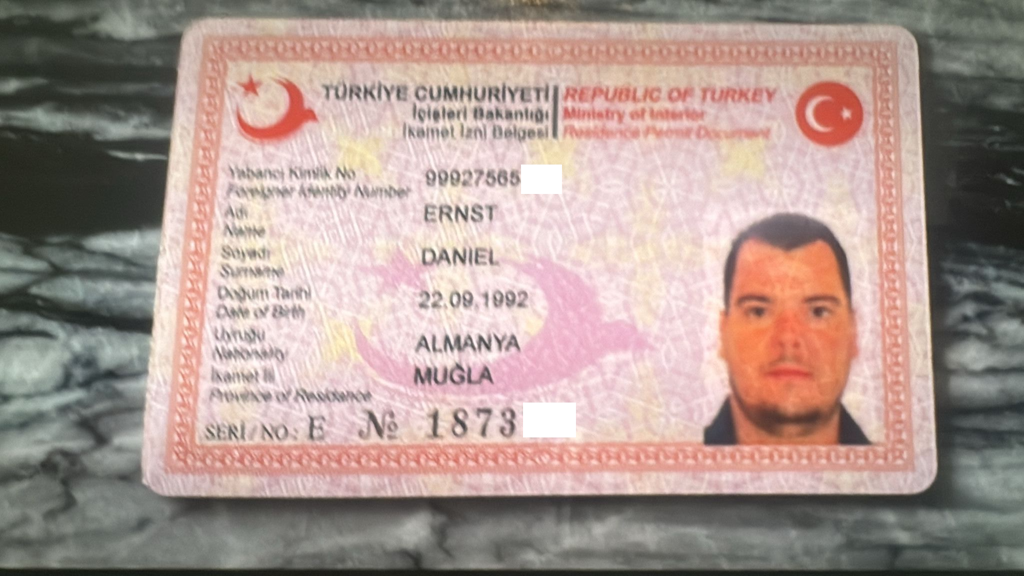
Further investigation revealed that a second residence permit was issued to Leijdekkers under the name “Daniel Ernst.”
This discovery pointed to a significant breach in the system as Soykan says, as obtaining dual residency permits under different names should not be possible due to biometric checks according to the experts.

